All Stories
-
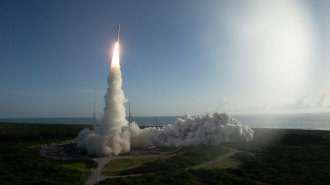 Planetary Science
Planetary ScienceThe Perseverance rover caps off a month of Mars launches
With the launch of NASA’s Perseverance rover, the rush to the Red Planet is under way.
-
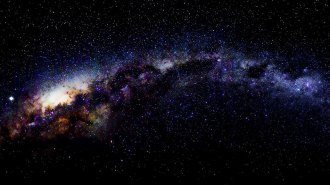 Space
SpaceAn Antarctic ice dome may offer the world’s clearest views of the night sky
The highest point in East Antarctica could be an ideal place for an optical telescope, a new study finds.
-
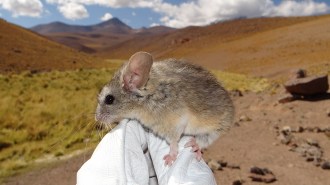 Animals
AnimalsA South American mouse is the world’s highest-dwelling mammal
At 6,739 meters above sea level, the yellow-rumped leaf-eared mouse survives low oxygen and freezing conditions atop a dormant volcano.
By Jack J. Lee -
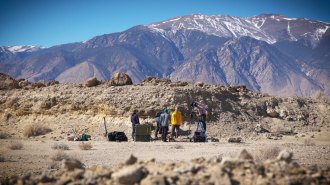 Space
SpaceTo rehearse Perseverance’s mission, scientists pretended to be a Mars rover
Seven Mars scientists pretended to be the Mars Perseverance rover on a training exercise in the Nevada desert.
-
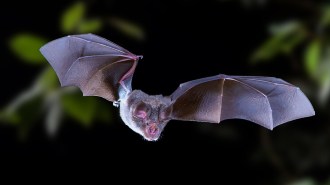 Health & Medicine
Health & MedicineClose relatives of the coronavirus may have been in bats for decades
The coronavirus lineage that gave rise to SARS-CoV-2 has been circulating in bats for around 40 to 70 years, a study suggests.
-
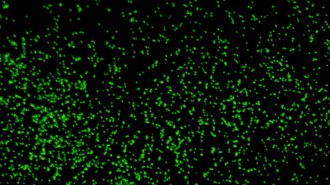 Oceans
OceansThese ancient seafloor microbes woke up after over 100 million years
Scientists discover that microbes that had lain dormant in the seafloor for millions of years can revive and multiply.
-
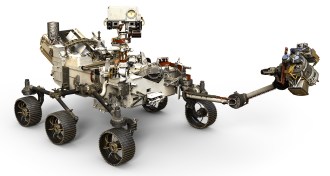 Planetary Science
Planetary ScienceNASA’s Perseverance rover will seek signs of past life on Mars
NASA’s Perseverance rover will collect rocks and search for past life on Mars using lasers and zoomable cameras among other instruments.
-
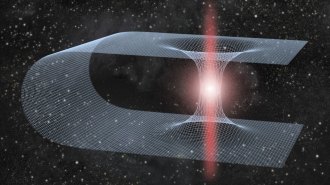 Physics
PhysicsA black hole circling a wormhole would emit weird gravitational waves
A new calculation reveals the strange gravitational waves LIGO and Virgo could see if a black hole were falling into a hypothetical tunnel in spacetime.
-
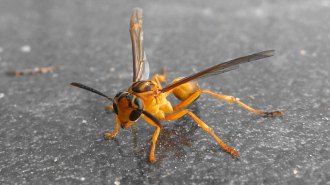 Animals
AnimalsA wasp was caught on camera attacking and killing a baby bird
Some wasps scavenge carrion or pluck parasites off birds, but reports of attacks on live birds are rare.
-
 Health & Medicine
Health & MedicineA popular heartburn medicine doesn’t work as a COVID-19 antiviral
In lab tests, an antacid didn’t prevent coronavirus infection, but clinical tests are needed to see if it can help people who already have COVID-19.
-

-

What it takes to save species, locally and globally
Editor in chief Nancy Shute writes about the struggle to save species on both the local and global levels.
By Nancy Shute